As the Covid-19 pandemic sweeps across the nation and world, leaders have been hampered by uncertainty. It is a new virus, meaning there is uncertainty about infection, treatment options, and death rates. Inadequate testing means we cannot effectively track the spread. Camp directors are among the leaders wondering how to respond in this climate of uncertainty. If we are allowed to have summer camp, will parents even send their children? If we cancel, will everyone want a refund? Should we try offering virtual camp programs? Will people pay for something like this?
The Sacred Playgrounds team partnered with our friend Casey Fuerst at TicTacToe Marketing to gather some reliable data to help camp directors make more informed decisions during these uncertain times. Read the report here.
Thanks to 26 camps that trusted us with their contact lists, we were able to survey camper parents across the country. These camps are evenly dispersed across the Northeast, South, Midwest, and Mountain West. They represent multiple Christian traditions, including Lutheran, United Methodist, Episcopalian, and non-denominational. All told, we heard from more than 2,500 camper parents in 42 states.
Remember that this is a heavily biased sample. These are parents of Christian camp participants, most of who had already signed their child up for camp by early March. They also are the ones who responded to a survey about camp within days of receiving the invitation to do so. This means they are some of Christian camping’s most loyal constituents and advocates. Most of them are committed to Christian practices, with 84% saying they attended church multiple times per month or weekly before the outbreak.
Responses represent a snapshot, a moment in time of parent perspectives, gathered from April 8-12. They are current as of Easter Sunday. Since the situation is ever-changing, parent perspectives will likely change in the coming weeks.
Major Finding 1: These parents highly value CAMPING MINISTRY.
When we say camp, we mean traditional on-site, outdoors, person-to-person interaction. Many of these parents desperately want their children to attend camp this summer, if at all possible. If official restrictions were relaxed and camp was allowed to be in session, more than two-thirds of these parents said they were “likely” or “very likely” to send their children to camp (page 4). Even in the hard-hit state of New Jersey, 70% of respondents indicated they would likely send their child to camp this summer if they were able. While some were dismissive of the Covid-19 threat, most wanted certain measures to be in place before they sent their children (page 5). As summer quickly approaches, some of these stipulations look less and less likely.
Most were realistic that camp might be forced to cancel, though they lamented this possibility. As one parent said, “Stay healthy so when we do return to normal, camp is there for our use.” Some were worried that the pandemic could damage the camp financially or even force it out of business. Even more than they wanted camp to happen this summer, they wanted camp to survive for future use. Many urged conservation of resources. Some indicated they were willing to donate part or all of their camper registration, if camp is forced to close (page 8).
Major Finding 2: People are Virtualed Out
We asked parents what resources they might use, if their camp was able to provide them. Among the options were 6 different virtual resources (page 11). The response was lukewarm. For each option, roughly three-quarters of respondents either said they would not use it or indicated “maybe.” Most popular were resources that would be provided to use at home (games/activities and Bible study resources). This indicates a preference for DIY options rather than camp running the programming. The idea of a complete virtual camp program with cabin groups, daily meetings, and interactions was least popular of all. Responses clearly indicated that these programs would not be revenue-neutral for camps, with few respondents saying they would pay for the virtual options.
The things that respondents value most about camp include the chance for their children to grow in personal faith, be imbedded in a Christ-centered community, and experience the natural world (page 8). While some were open to trying online options to keep them connected to camp, many expressed what one person succinctly said, “We are virtualed out.” Another said bluntly, “Please don’t waste time/energy/money with online program that is antithesis to the whole point of camp.” However, there was a great deal of appreciation for what camps were trying to do to stay connected and communicate with everyone. Some indicated that specific virtual resources were valuable. If camps can engage a quarter or more of their primary constituency in some form of simple virtual programming, it may be worth some effort, even without the promise of direct revenue.
In terms of virtual options, families with high school age campers were more receptive than younger age groups. Some expressed that their child was about to age out of camp and greatly desired the community connection, even if it was online. This indicates that there may be value in virtual camp options for the most committed campers, particularly among high schoolers and counselor-in-training cohorts.
Major Recommendation: Know your Context and Know your Constituents
Some camps have already canceled summer programming. Others have adopted a wait and see approach. Others are creating contingency plans to serve their constituents in a number of different scenarios. In each case, these decisions must be context-specific. Your camp may not have enough cash on hand to keep staff employed during a wait and see scenario. Conversely, you may have a donor who wants to make sure your summer staff members are employed this summer and ready to provide creative ministry in whatever way possible. We can only imagine the possibilities if this were a reasonable option for you. Your state may have already extended distancing guidelines into the summer. You may serve vulnerable populations that are unable to gather until there is a vaccine or, conversely, vulnerable populations that need a safe space like your camp this summer.
This was a nationwide survey of a specific population. We hope that the data can help inform your decisions this summer. We also hope that you are staying in communication with your constituents and making decisions based primarily on your specific context. Through it all, remember what your camp does best. Remember your mission. Remember that your constituents want you to be there for them when the crisis has passed.
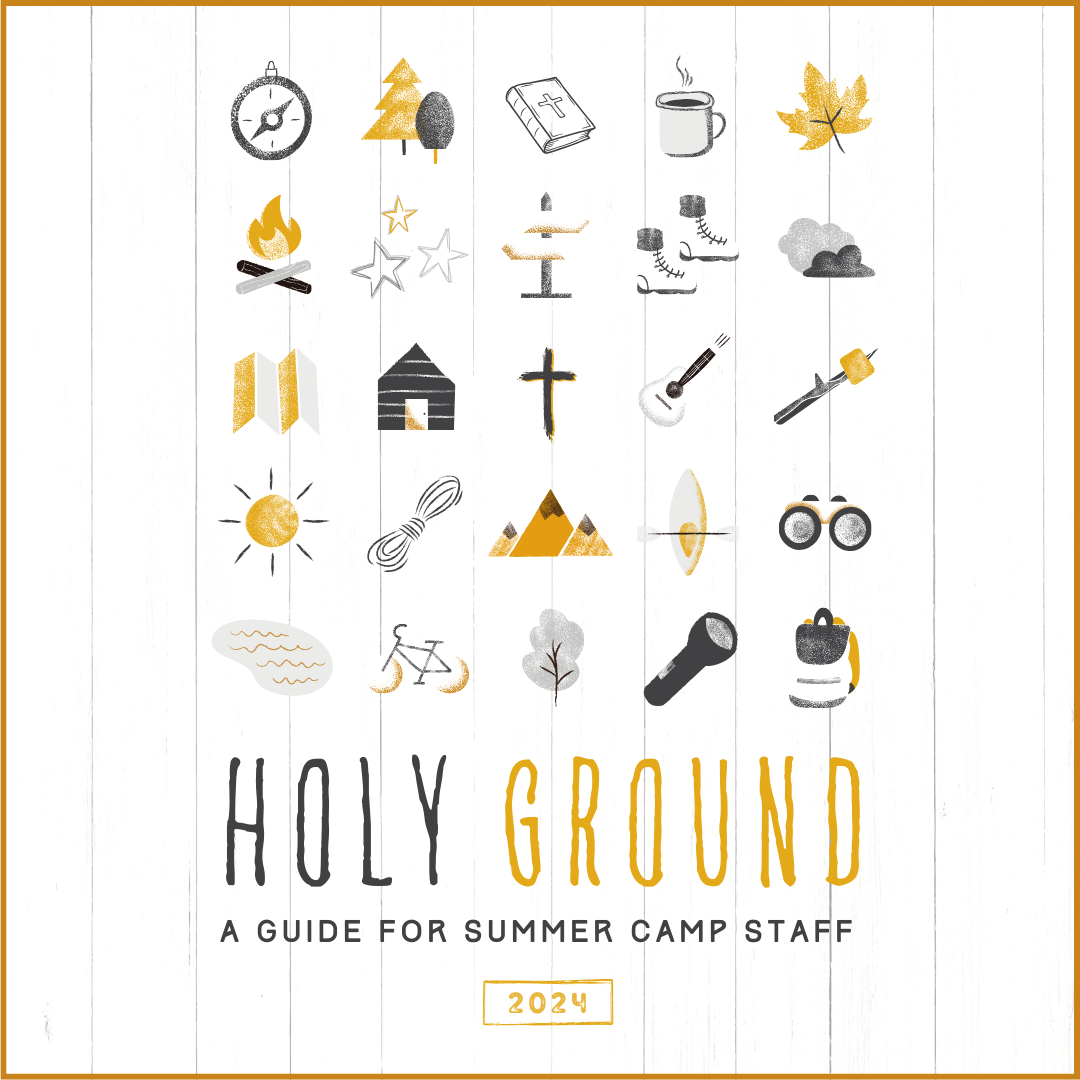

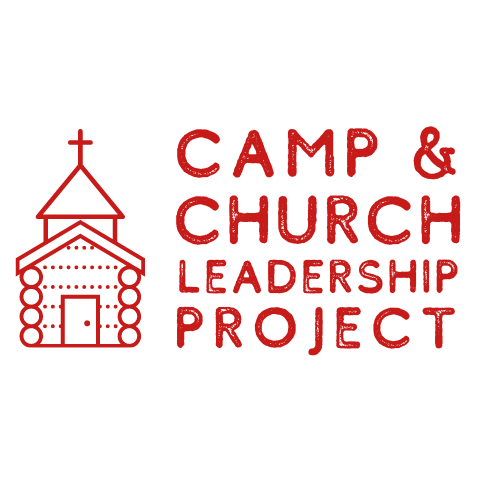
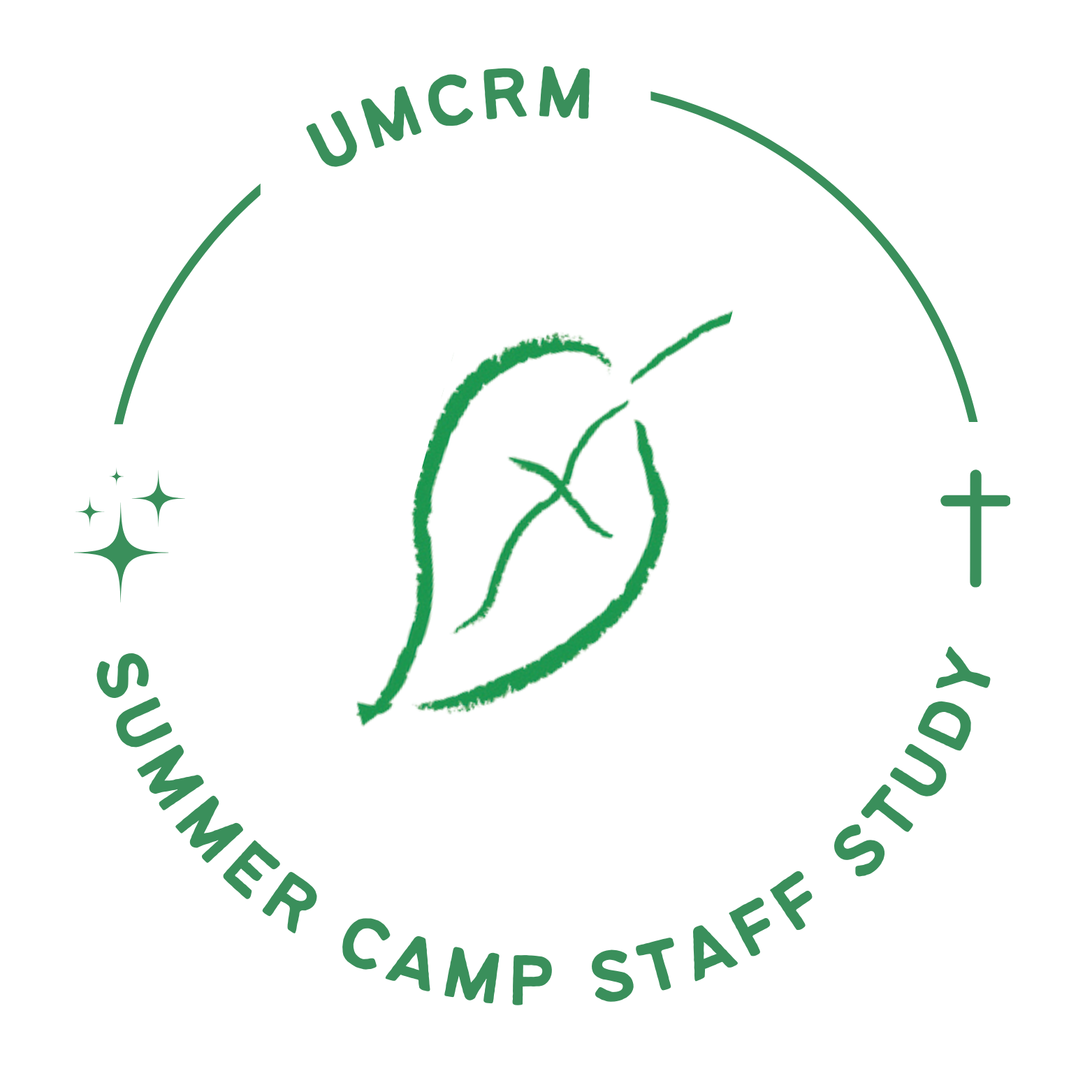


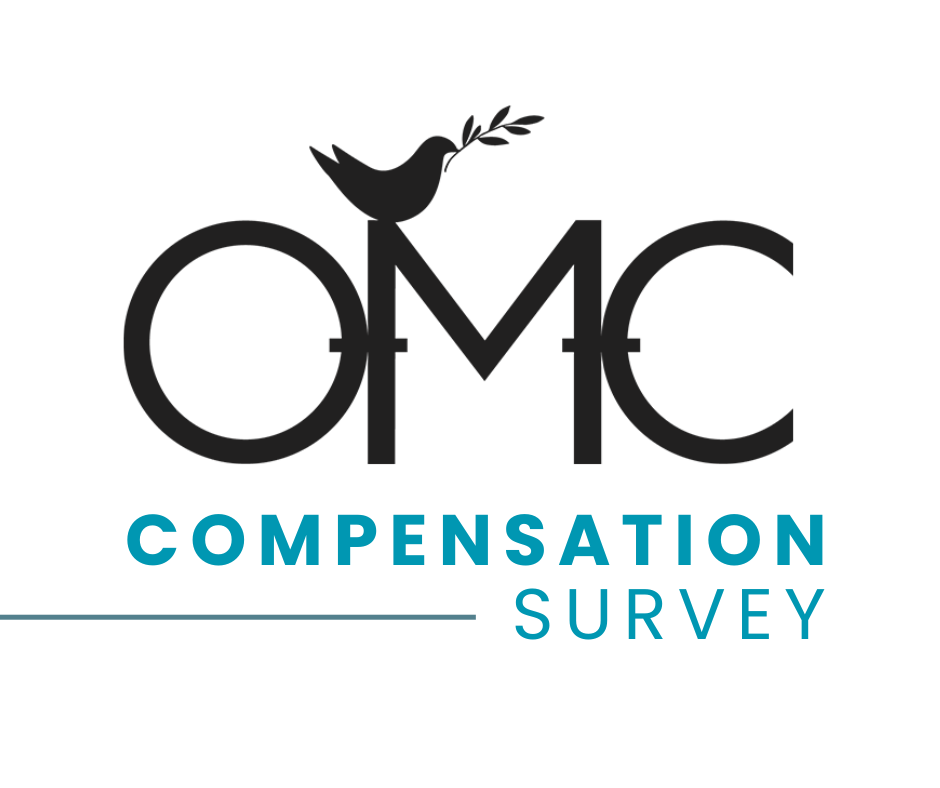


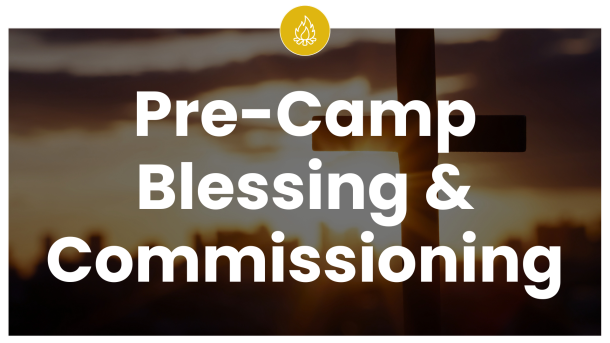
0 Comments